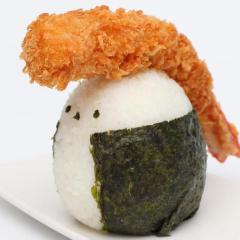-
Welcome to the eG Forums, a service of the eGullet Society for Culinary Arts & Letters. The Society is a 501(c)3 not-for-profit organization dedicated to the advancement of the culinary arts. These advertising-free forums are provided free of charge through donations from Society members. Anyone may read the forums, but to post you must create a free account.
Flavor network and the principles of food pairing
-
Similar Content
-
- 18 replies
- 18,038 views
-
- 5 replies
- 349 views
-
- 56 replies
- 15,350 views
-
- 12 replies
- 3,441 views
-
- 0 replies
- 110 views
-
-
Recently Browsing 0 members
- No registered users viewing this page.





Recommended Posts